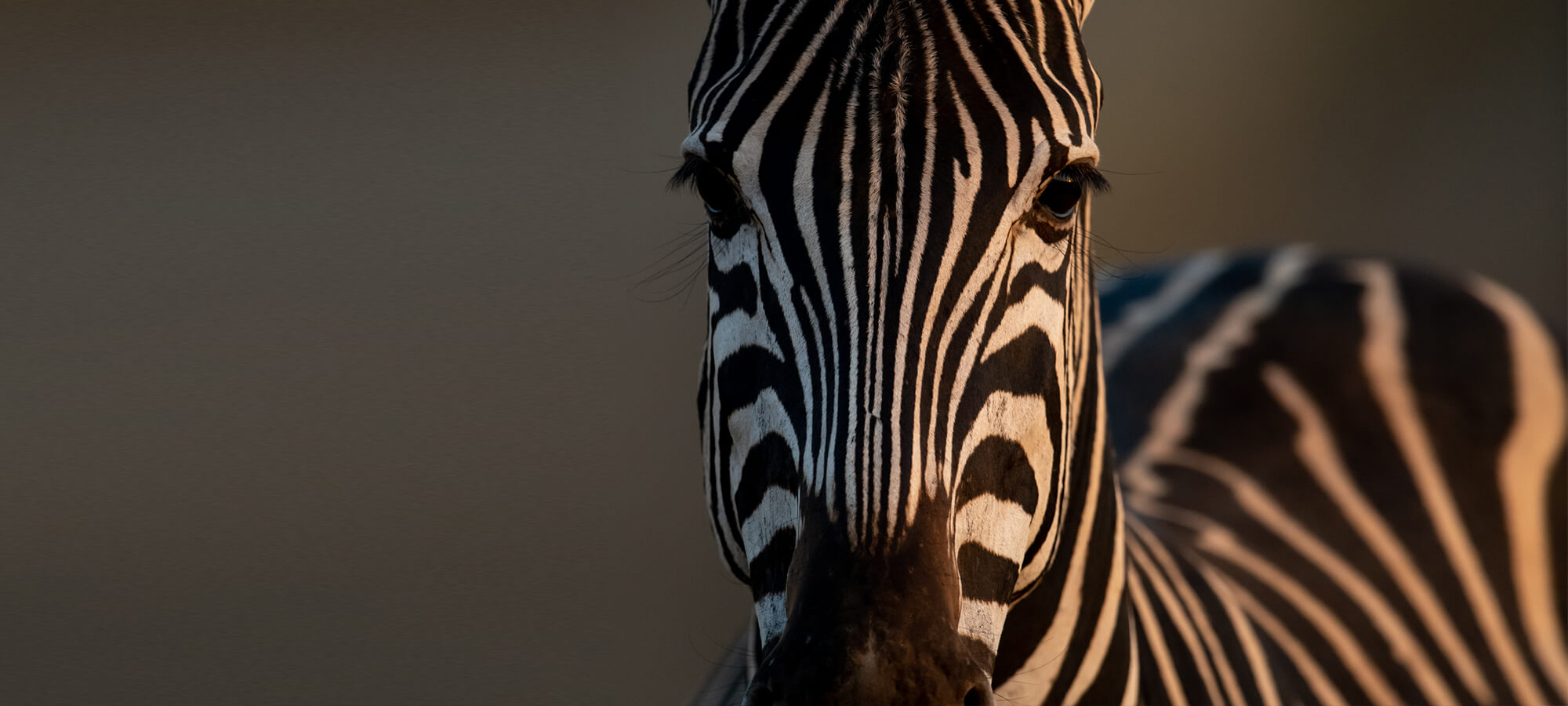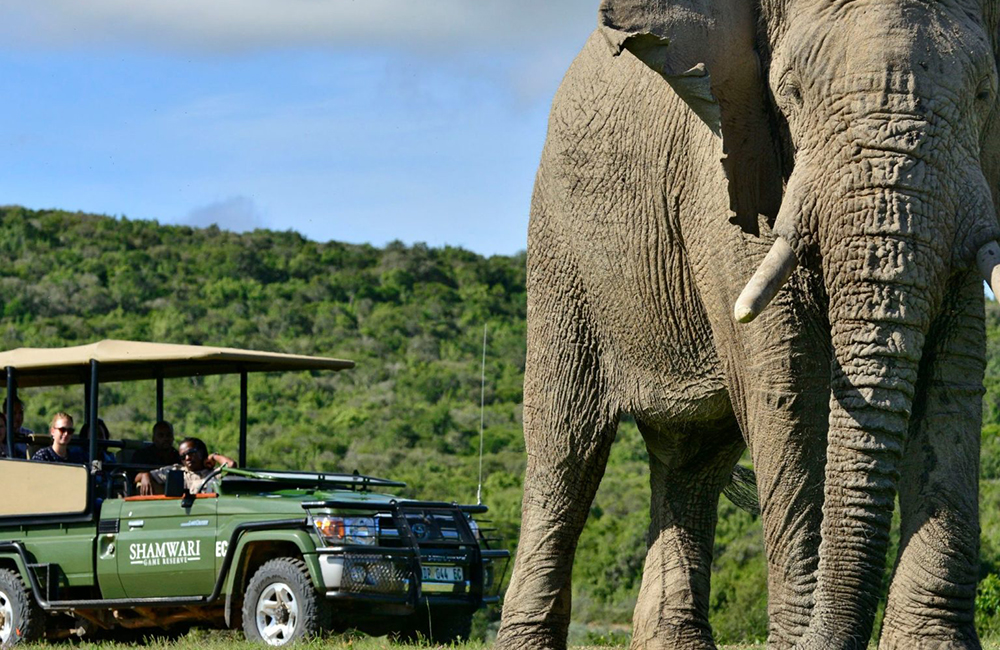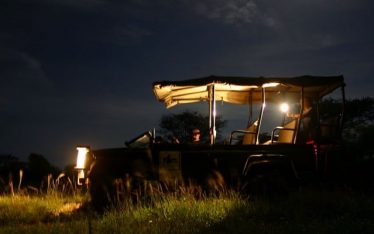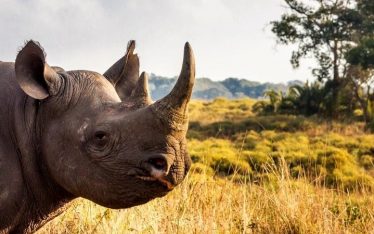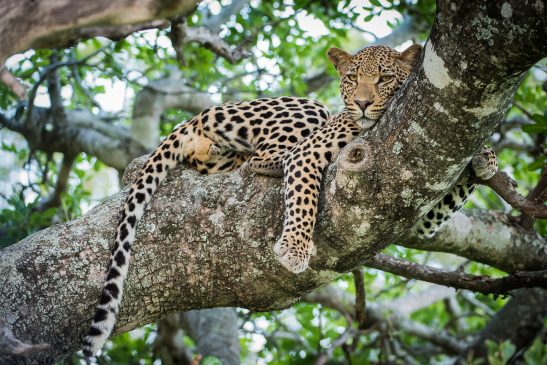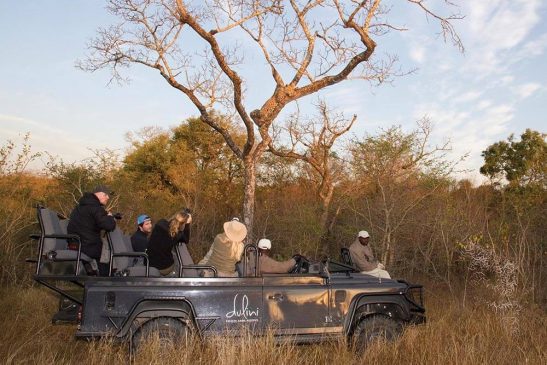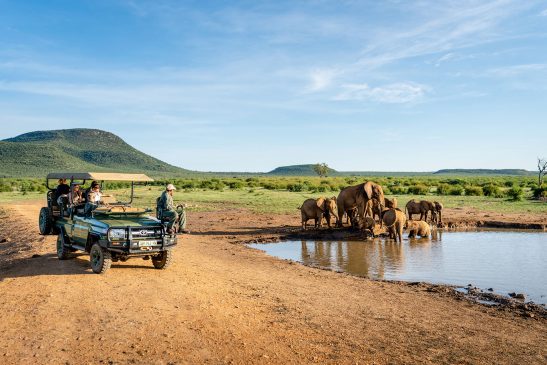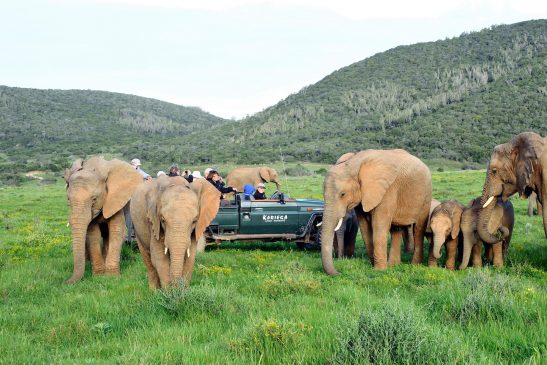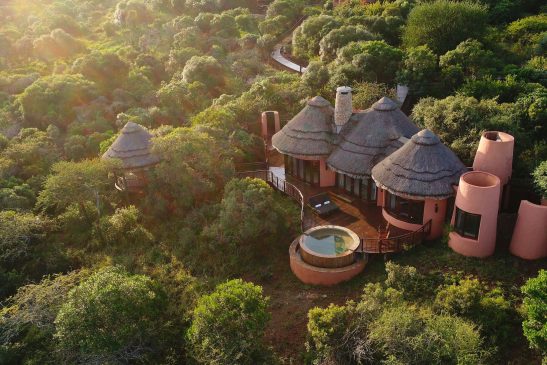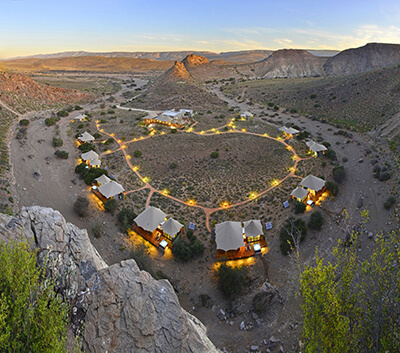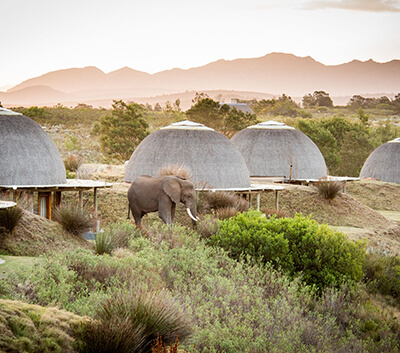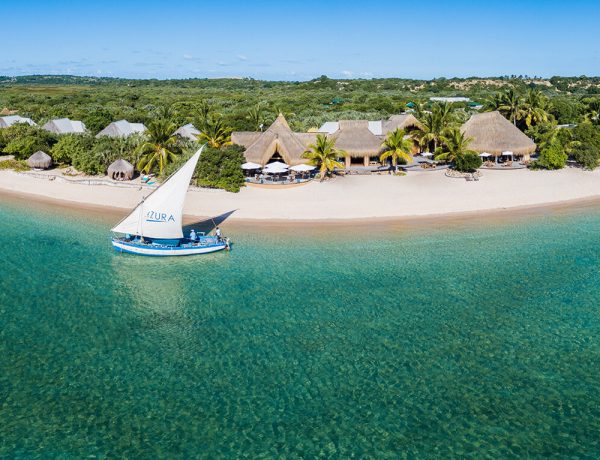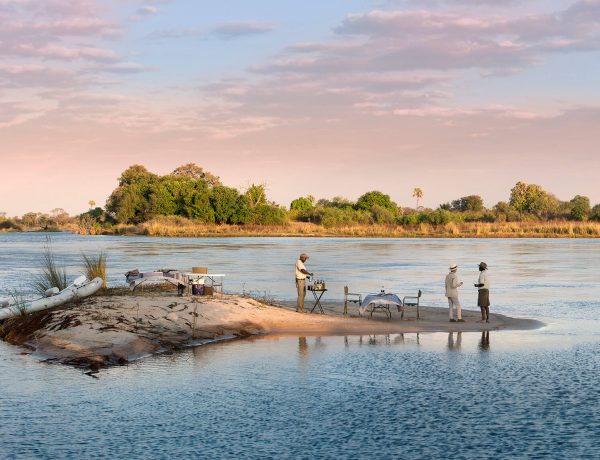Situated on the east coast of South Africa, the Eastern Cape is a fabulous year-round destination for game viewing. Its sunny winters also make it a great destination for a beach and bush combination year-round. Our favourite time of year for an Eastern Cape safari is towards the end of the dry season, this way you get the best of both worlds. Below you’ll find out why.
Seasons and Climate
Rainfall in the Eastern Cape is relatively evenly spread throughout the year, however peaks at the beginning and end of summer during February and March as well as October and November. Although mostly sunny, summer days can be cloudy at times with occasional thunderstorms.
Average daytime temperatures in summer reach 29˚C (84˚F) with cooler mornings and evenings around 16°C (61°F). Winters generally boast beautiful sunny days with afternoons reaching 20˚C (68˚F) while the mornings and evenings can get bitterly cold reaching close to freezing point during June and July.
Monthly Average Temperatures Eastern Cape
| Jan | Feb | Mar | Apr | May | Jun | Jul | Aug | Sep | Oct | Nov | Dec | |
| Min (°C) | 18 | 19 | 17 | 15 | 12 | 10 | 10 | 11 | 12 | 13 | 15 | 17 |
| Max (°C) | 24 | 24 | 23 | 22 | 21 | 20 | 18 | 18 | 18 | 20 | 21 | 23 |
| Min (°F) | 64 | 66 | 63 | 59 | 54 | 50 | 50 | 52 | 54 | 55 | 59 | 63 |
| Max (°F) | 75 | 75 | 73 | 72 | 70 | 68 | 64 | 64 | 64 | 68 | 70 | 73 |
Source: https://www.climatestotravel.com/climate/south-africa
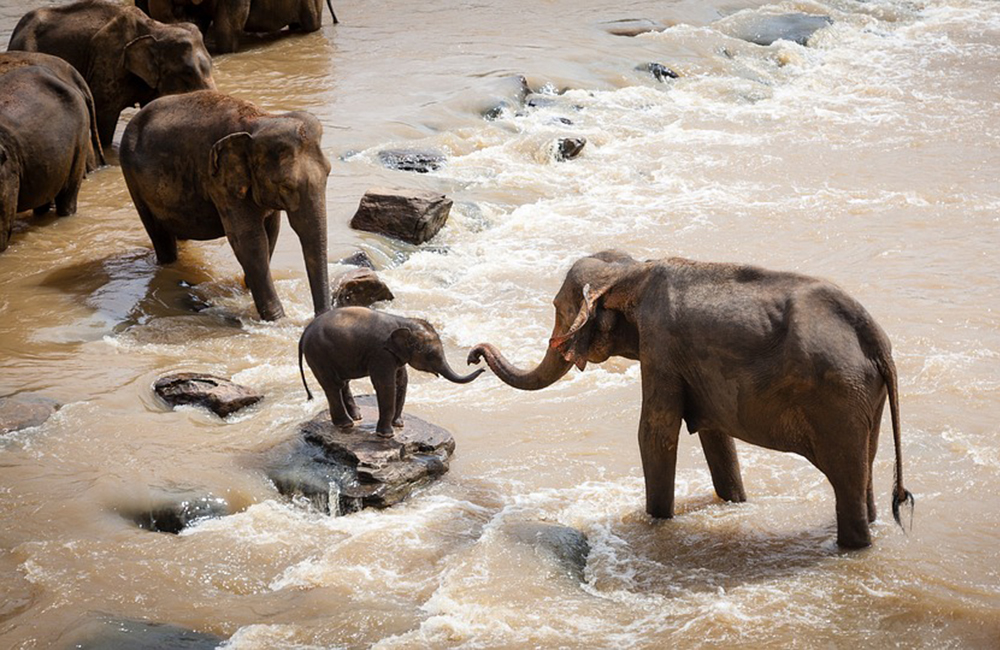
Best Time to Go on Safari in the Eastern Cape
The best time for game viewing in the Eastern Cape is during the dry winter months, however, if the cold morning and evening temperatures put you off, opt for the end of winter during late August and September. Here are the top 7 reasons why the end of winter is the best time to go on safari in the Eastern Cape.
- The generally arid and semi-arid climate combined with little rainfall during the dry winter months results in animals gathering to drink from permanent water sources. This makes it easier to spot them and offers fascinating photographic opportunities.
- Less wind and rain make for great outdoor adventures and dining under the stars on clear evenings.
- Vegetation is sparse during winter which makes it easier to see the animals as they cannot hide in tall grass and lush greenery.
- Winter is the quieter time of year for travellers so you could likely get a better package rate than during the peak summer months.
- If you visit during September, you may witness the return of some migratory birds which makes it an ideal time for keen birdwatchers.
- September is also the time that you will start to see new-born animals around. Witnessing the family life of the wild animals is an enchanting and breath-taking experience and offers unique photo opportunities.
- Although it gets cold, the winter months provide relief from the summer humidity, especially if you are combining your safari with some time on the Eastern Cape coast for a beach and bush getaway.
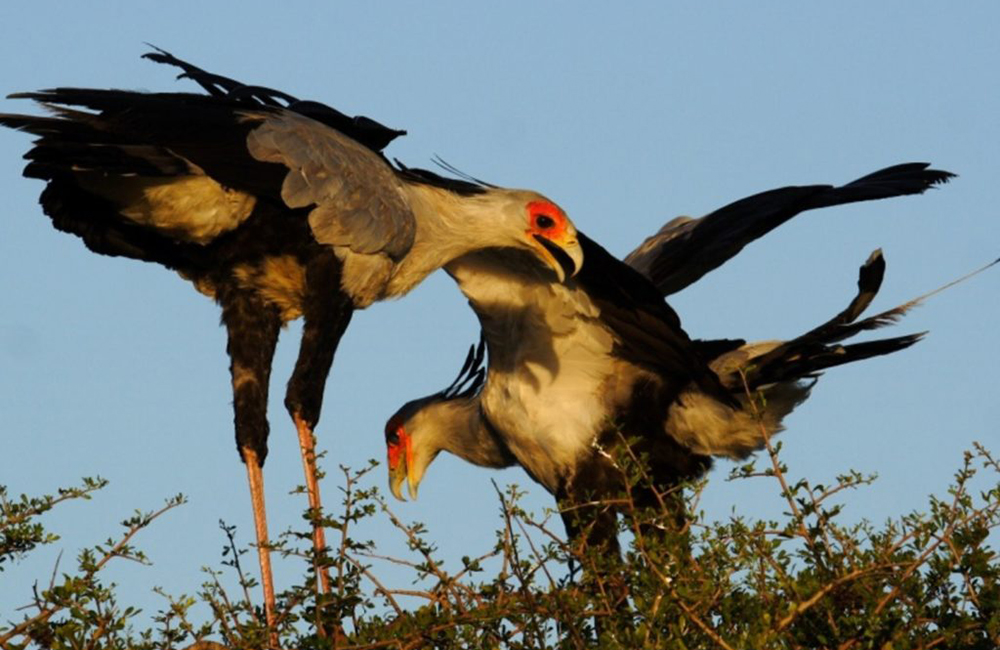
As summer approaches and temperatures rise, the rain draws in and the landscapes turn into lush plains of thick green vegetation. This offers a beautiful dimension to wildlife photography. Although the dry winter months are ideal for spotting magnificent African wildlife, each season features something unique, promising a remarkable African adventure.
